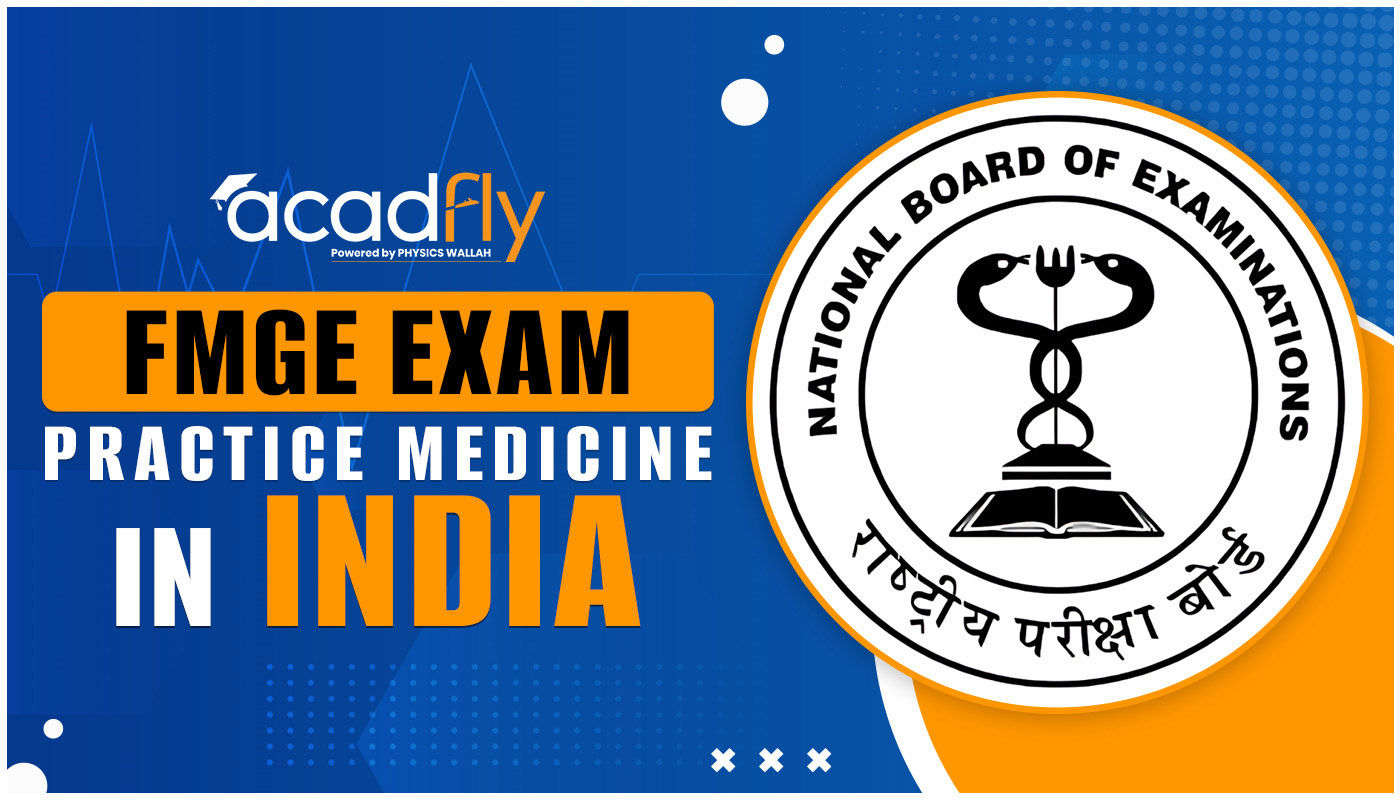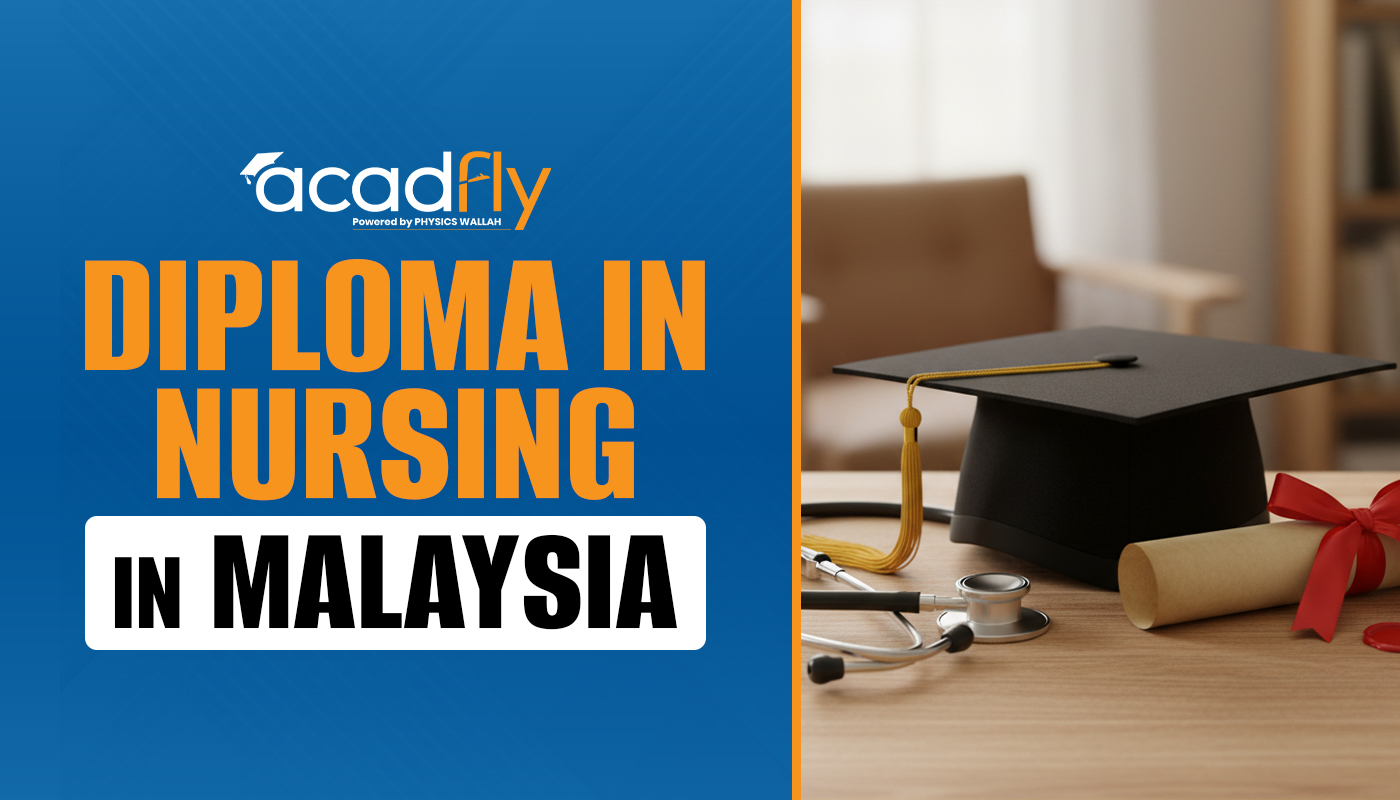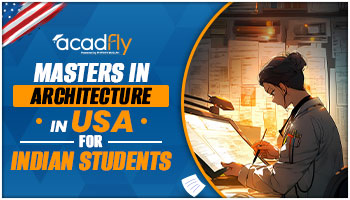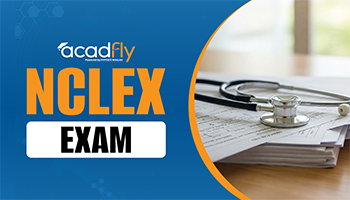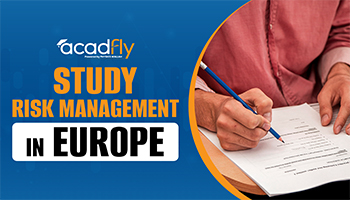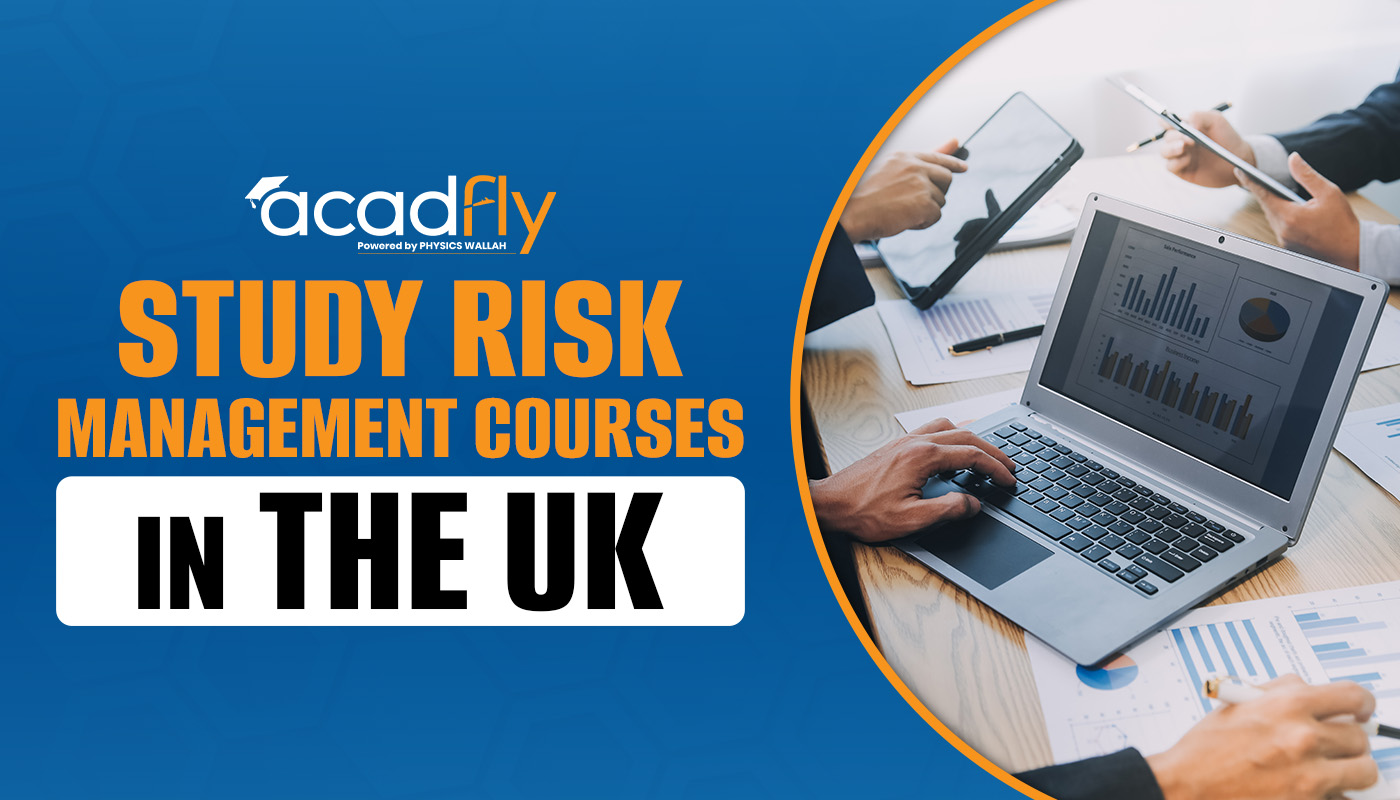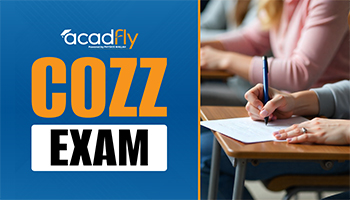

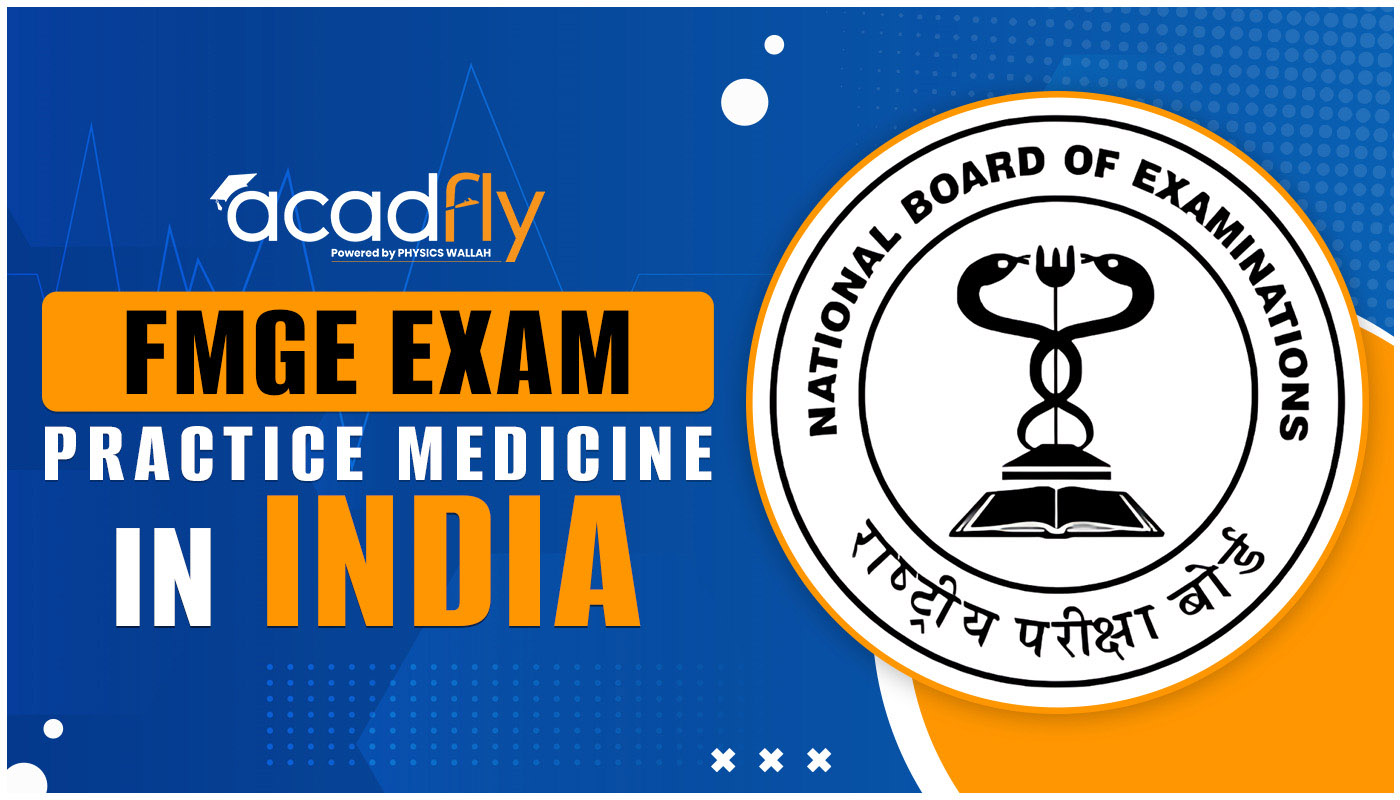
FMGE Exam: Choosing to study medicine is a bold step toward a noble profession. For Indian students who venture abroad for their MBBS, returning home to practice medicine comes with a crucial checkpoint: the Foreign Medical Graduates Examination (FMGE).
This exam is the bridge that connects your global medical education to the opportunity to serve in India's healthcare sector. Today, we'll explore what FMGE entails and how you can navigate its challenges to successfully practice medicine in India.
FMGE Exam Overview
Think of the FMGE as your ticket to practicing medicine in India after you've earned your degree from outside the country. It's like a quality check to make sure you're all set to work as a doctor in India, making sure everyone's speaking the same medical language, so to speak.
|
FMGE Exam Overview |
|
|
Attribute |
Details |
|
Conducting Body |
National Board of Examinations (NBE) |
|
Eligibility |
Indian nationals or Overseas Citizens of India who have obtained their primary medical qualification from an institution outside India (should be recognized by the concerned authority in the respective country). |
|
Exam Frequency |
Twice a year (June and December) |
|
Exam Format |
Multiple Choice Questions (MCQs) are divided into two parts; Part A and Part B, each containing 150 questions. |
|
Total Questions |
300 |
|
Duration |
Part A: 2.5 hours, Part B: 2.5 hours |
|
Passing Score |
150 out of 300 |
|
Syllabus |
Pre-Clinical, Para-Clinical, and Clinical subjects based on the MBBS curriculum |
|
Application Process |
Online through the NBE website |
|
Fee |
Variable; please check the latest notification on the NBE website |
|
Result Announcement |
Typically within four weeks after the exam
|
FMGE Exam Pattern
The exam itself is split into two parts, each with 150 questions that cover everything you need to know to be a doctor. It's a comprehensive test, touching on all the big areas of medicine.
|
FMGE Exam Format |
|||||
|
Part |
Number of Questions |
Duration |
Type of Questions |
Subjects Covered |
Passing Criteria |
|
Part A |
150 |
2.5 hours |
MCQs |
Pre-clinical: Anatomy, Physiology, Biochemistry |
Score 150 out of 300 across both parts |
|
Part B |
150 |
2.5 hours |
MCQs |
Para-clinical: Pathology, Microbiology, Pharmacology, Forensic Medicine; Clinical: Medicine, Surgery, Obstetrics and Gynaecology, Pediatrics, and others |
Same as above |
FMGE Exam Syllabus
The FMGE (Foreign Medical Graduate Examination) syllabus is comprehensive, covering subjects taught during the MBBS program. It includes Pre and Para-Clinical subjects such as Anatomy, Physiology, and Biochemistry, as well as Clinical subjects including Medicine, Surgery, Pediatrics, and Obstetrics & Gynecology, aimed at assessing the medical knowledge of foreign graduates.
FMGE Exam Syllabus |
|
|
Category |
Subjects Covered |
|
Pre-Clinical |
Anatomy, Physiology, Biochemistry |
|
Para-Clinical |
Pathology, Microbiology, Pharmacology, Forensic Medicine, Social and Preventive Medicine |
|
Clinical |
Medicine and Allied Subjects (Psychiatry, Dermatology), Surgery and Allied Subjects (Anesthesiology, Orthopedics), Obstetrics & Gynaecology, Pediatrics, Ophthalmology, ENT, Community Medicine |
FMGE Registration Process Steps
Check Eligibility: Ensure you're eligible for the FMGE, being an Indian national or OCI with a medical degree from outside India.
Gather Required Documents: Collect all documents needed, like your medical qualification certificate and proof of nationality.
Visit the Official NBE Website: Access the application form on the NBE's official site (nbe.edu.in).
Fill Out the Application Form: Carefully fill in the FMGE application online, ensuring all details are accurate.
Upload Documents: Upload the necessary documents as per the NBE guidelines.
Pay the Registration Fee: Complete the fee payment online as instructed on the website.
Submit the Application: Double-check your application for correctness before submitting.
Acknowledge Receipt of Application: Look out for a confirmation email or SMS from NBE.
Download Admit Card: Monitor the NBE website to download your admit card once it's available.
Prepare for the Exam: With registration out of the way, shift your focus to preparing for the FMGE.
Preparation Tips for the FMGE Exam
Preparing for the Foreign Medical Graduates Examination (FMGE) demands a focused and strategic approach, especially for students who have pursued their MBBS abroad. Here are some preparation tips tailored to help you navigate this comprehensive examination successfully:
Familiarize with the Syllabus: Begin by thoroughly reviewing the FMGE syllabus. Knowing what to expect can help you allocate your study time more effectively.
Break Down the Syllabus: Divide the syllabus into smaller sections. This can make studying more manageable and less overwhelming.
Create a Study Plan: Draft a realistic study schedule that covers all topics, and stick to it. Ensure your plan includes regular reviews and practice sessions.
Use Quality Study Materials: Choose study guides and materials recommended by FMGE toppers and experts. Quality over quantity is key here.
Practice Regularly: Regular practice with mock tests and past FMGE questions can greatly enhance your understanding and exam readiness.
Join Study Groups: Engaging with fellow FMGE aspirants can provide moral support, enable knowledge exchange, and clarify doubts.
Manage Your Time: Time management is crucial. Prioritize subjects based on their weight in the syllabus and your own strengths and weaknesses.
Stay Healthy: Don’t let preparation take a toll on your health. Eat well, sleep adequately, and keep some time for physical activity.
Seek Professional Guidance: Consider joining a coaching center or online course specifically designed for FMGE preparation. Expert guidance can provide direction and clarify complex topics.
Stay Positive and Motivated: The journey might seem long, but maintaining a positive outlook is crucial. Celebrate small victories and stay focused on your goal.
Take Regular Breaks: Short breaks during study sessions can help refresh your mind and improve concentration.
Meditate and Relax: Incorporate relaxation techniques like meditation or yoga to manage stress effectively.
Stay Connected: Keep in touch with family and friends. Sometimes, a quick chat can be a great stress reliever.
Utilize Online Resources: Numerous online platforms are offering FMGE preparation tips, study materials, and practice questions.
Apps and Tools: Use educational apps and tools designed for FMGE aspirants to make studying more interactive and less monotonous.
Preparing for the FMGE after studying MBBS abroad comes with its set of challenges, but with the right approach, it’s entirely achievable. Remember, the key is consistent effort, smart preparation, and a positive mindset. You’ve already achieved a significant milestone by completing your MBBS abroad; the FMGE is just the next step in your journey to becoming a medical practitioner in India.
How AcadFly Can Help?
AcadFly offers tailored support to FMGE aspirants, providing personalized study plans, expert guidance, and a wealth of curated study materials designed for the FMGE syllabus. Our platform facilitates access to mock tests, practice questions, and interactive doubt-clearing sessions to enhance your exam preparation.
Joining AcadFly means becoming part of a community that nurtures peer support and motivation, all while benefiting from flexible learning options that fit your schedule. We aim to streamline your path from an MBBS degree abroad to practicing medicine in India, ensuring you have the resources, knowledge, and confidence to succeed in the FMGE.
FMGE Exam: Practice Medicine in India FAQs
Who needs to take the FMGE exam?
Is FMGE mandatory for all foreign graduates?
What is the FMGE pass mark?
Is there an attempt limit for FMGE?

